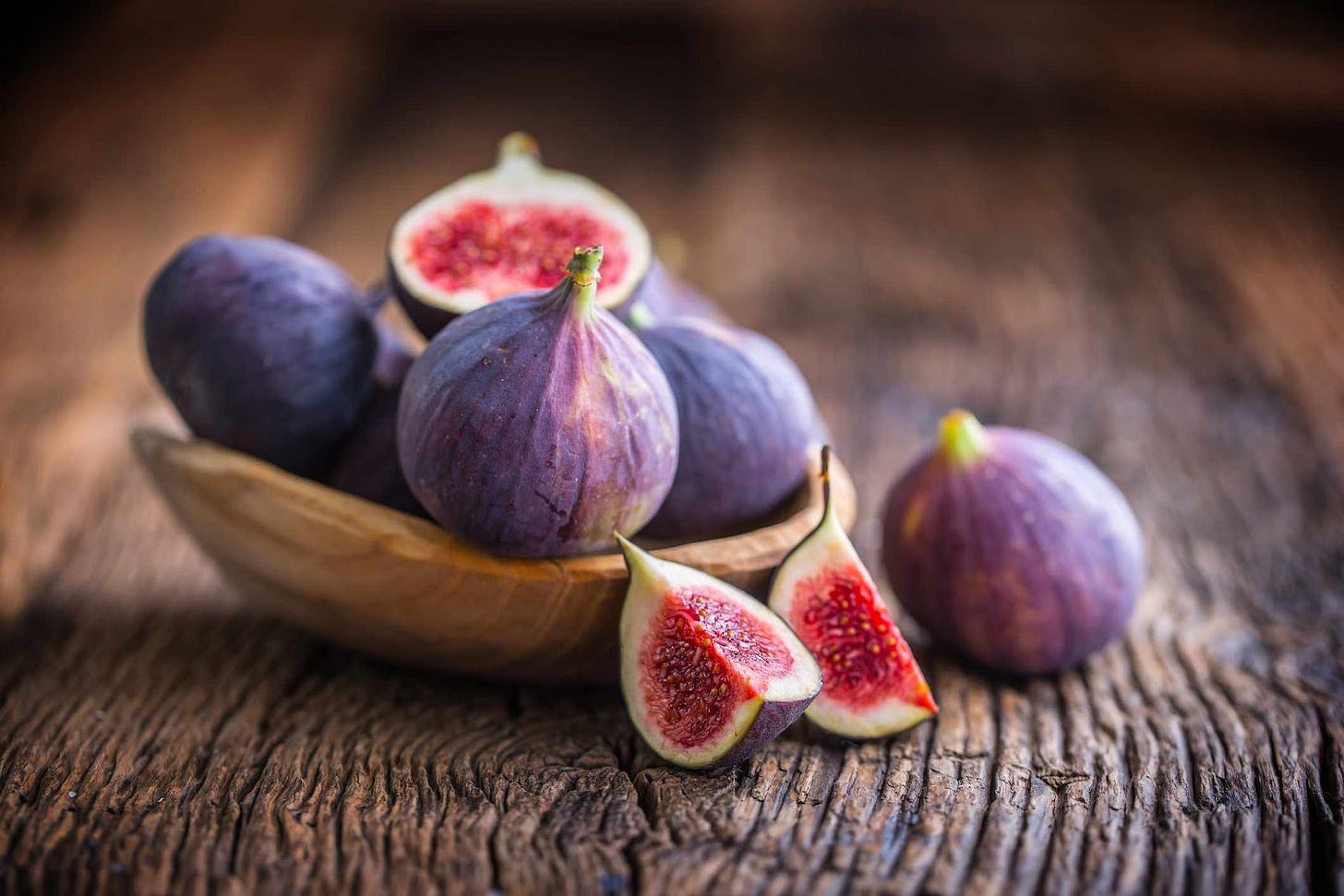Reflections on the Fig
A Sign of Divine Sustenance
“In the name of Allah, the Most Beneficent, the Most Merciful.
By the Fig and the Olive,
And (Mount) Tur of Sinin,
And this city of security (Mecca),
We have indeed created man in the best of moulds.”
— (Quran, Surah At-Tin, Chapter 95, The Fig, Verse 1–4)
What a wonderful and generous Lord we have. In these opening verses of Surah At-Tin, Allah draws our attention to His countless blessings—taking oaths by the fig, the olive, Mount Sinai, and the secure city of Mecca—to highlight the perfection of His creation, particularly humankind.
Among the many bounties Allah has provided is the vast variety of fruits created for our nourishment and well-being. From thousands of types, the humble fig stands out—not only as a delightful food but also as a source of healing and sustenance.
This divine oath on the fig is meaningful and profound. The fig is a simple, wholesome fruit—free from stone, skin, or need for additives—suitable for people of all ages. Nutritionists affirm that it can be used as a natural sweetener for infants. It is also beneficial for the elderly, the weak, and athletes seeking strength and nourishment.
Historically, the fig was held in high regard by great thinkers. Plato’s fondness for the fig earned it the title “friend of philosophers.” Socrates recognised it as a fruit that absorbs what benefits the body and expels what harms it. The famed physician Galen even recommended a fig-based diet for athletes. In ancient Rome and Greece, champions were fed figs for stamina and vitality.
Modern science continues to confirm the fig's health benefits. Rich in natural sugars and a range of vitamins, figs are known to aid in treating various ailments. A mixture of fig and honey, for instance, is said to help heal stomach ulcers. Dried figs, meanwhile, are reputed to enhance memory. With their wealth of minerals that help balance bodily functions and blood chemistry, figs are considered a food suitable for all people, regardless of age or condition.
Additionally, the combination of fig and olive oil is an effective natural remedy for constipation, thanks to the fig's high fiber content which promotes healthy digestion.
A beautiful narration from Imam Ali ibn Musa al-Ridha (peace be upon him) highlights the fig’s virtues:
“The fig removes the bad smell of the mouth. It strengthens the gums and bones, causes the hair to grow, and cures certain ailments so that medicine is not needed.”
He also said:
“The fig is the most comparable of things to the fruits of Paradise.”
Let us reflect and be grateful for such a precious creation. The fig, in its simplicity and benefit, stands as a reminder of Allah’s care and generosity. Indeed, in it is a sign for those who reflect.


